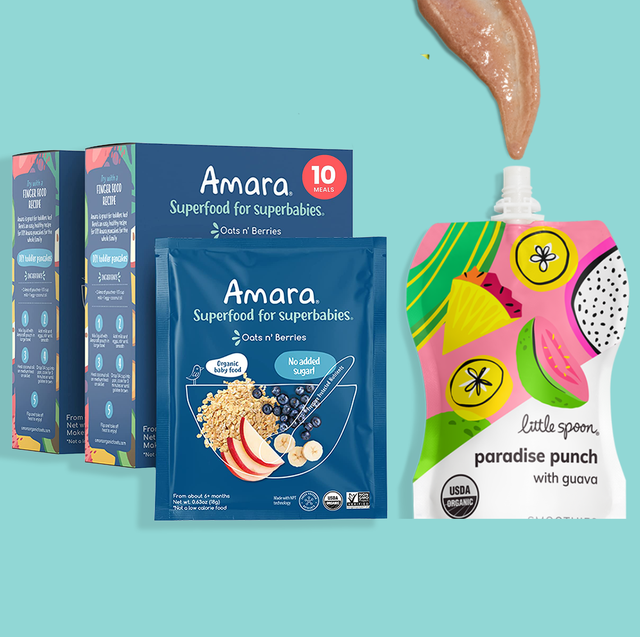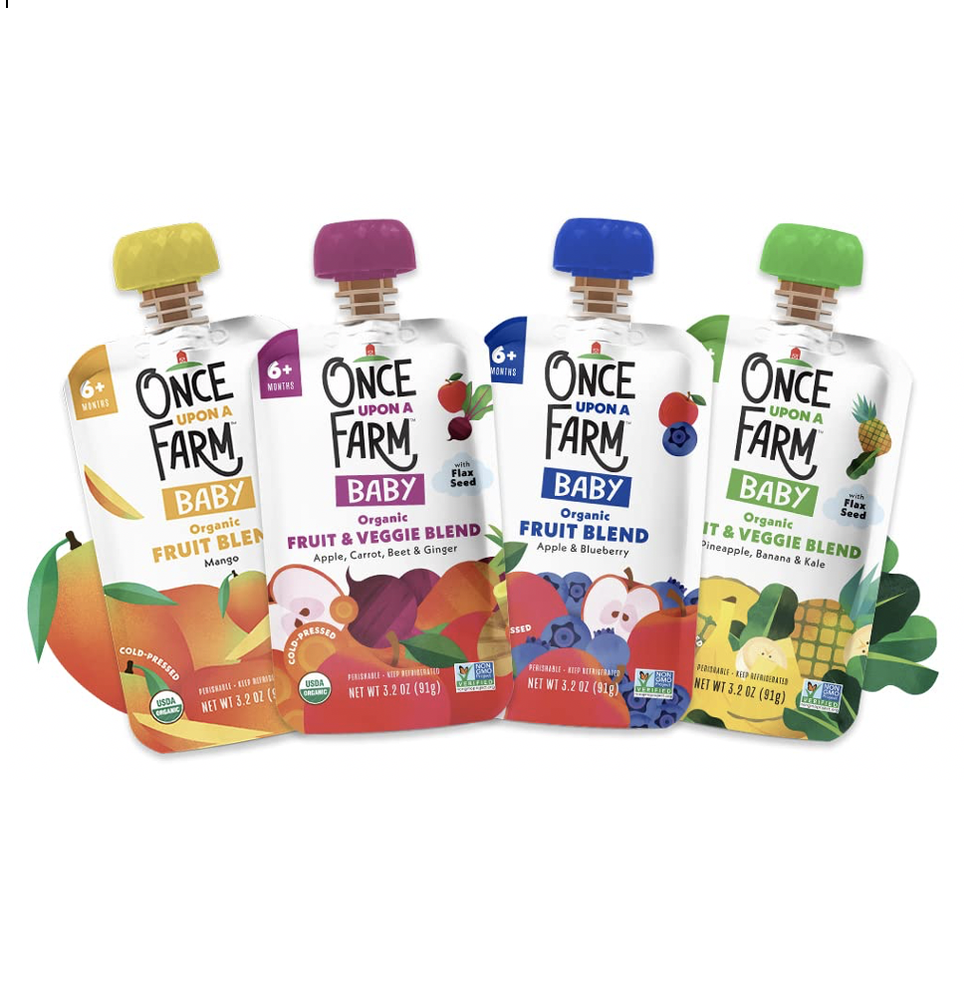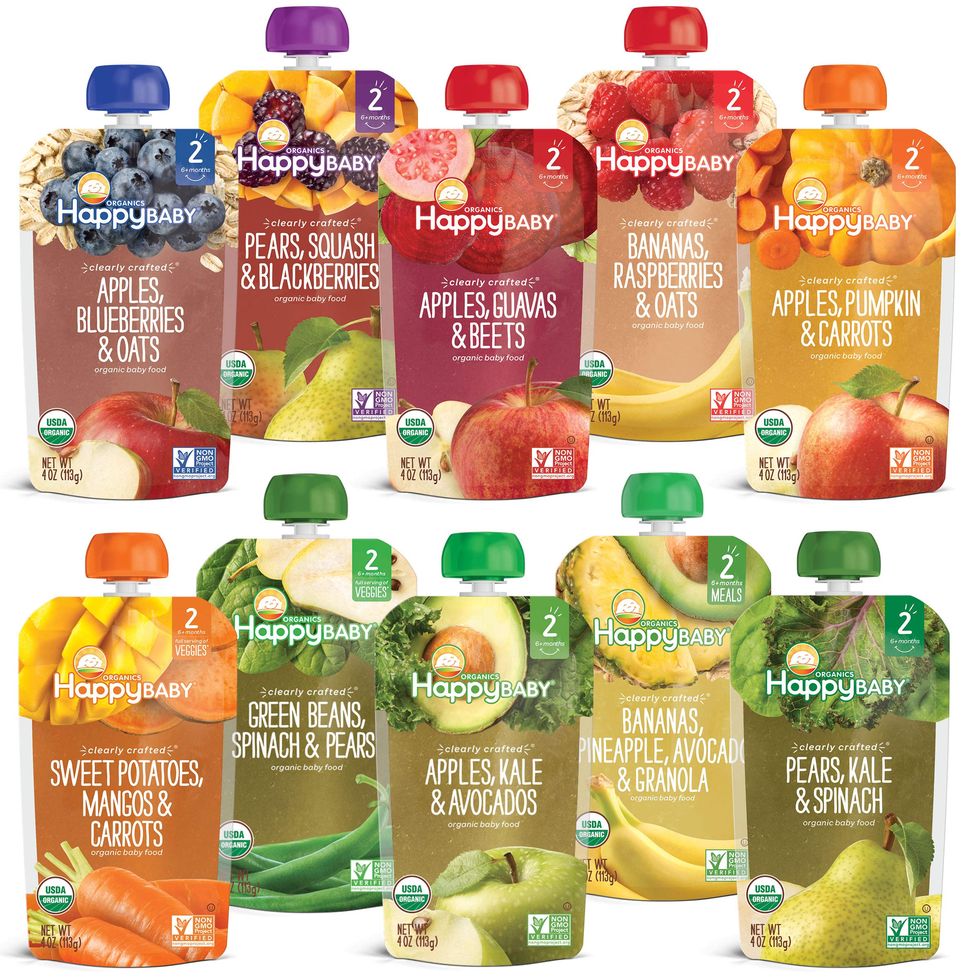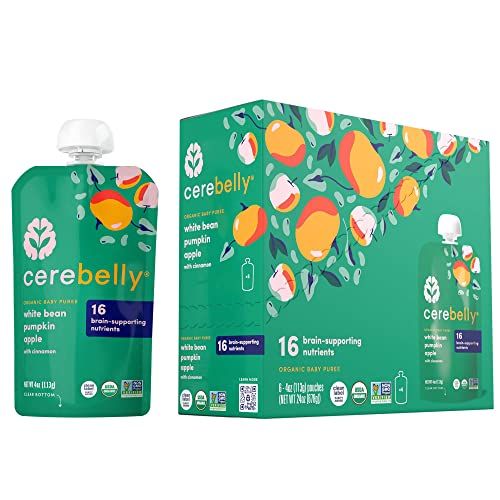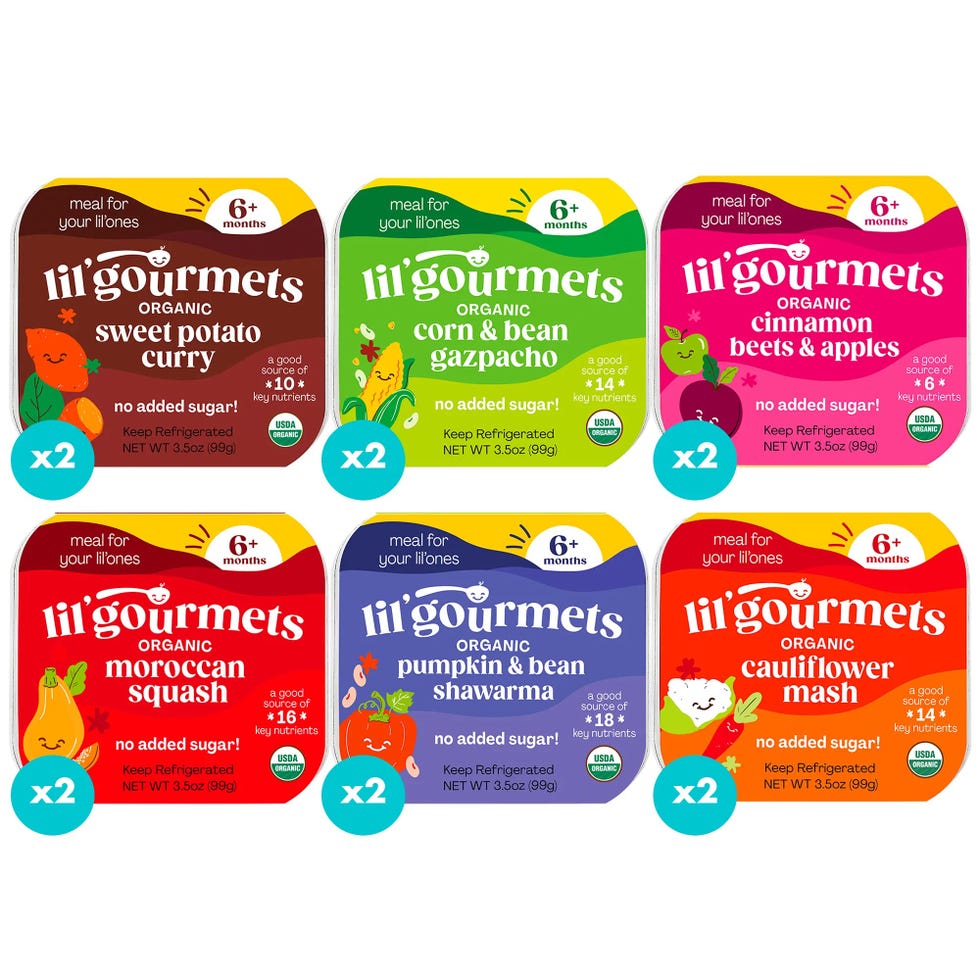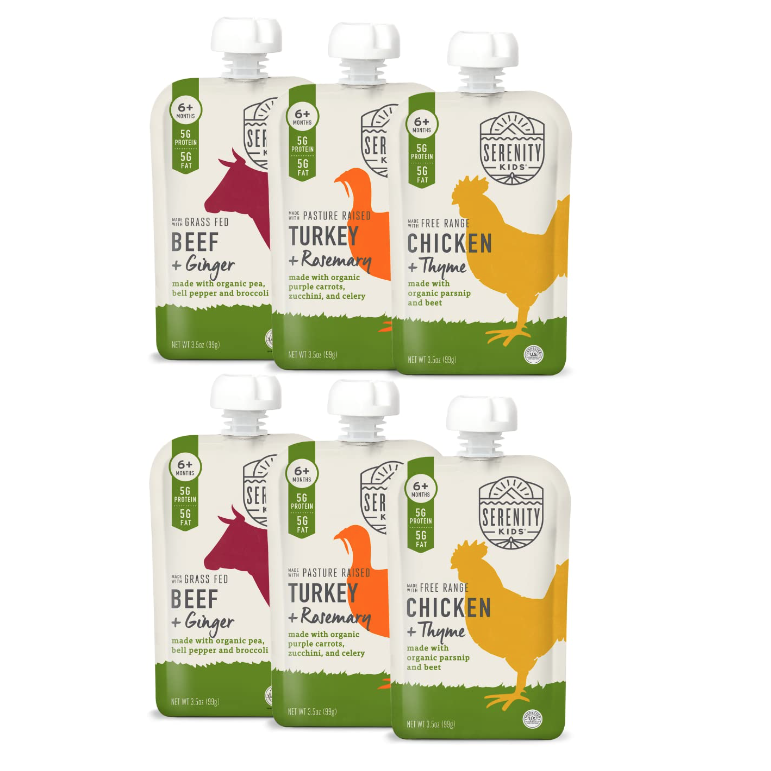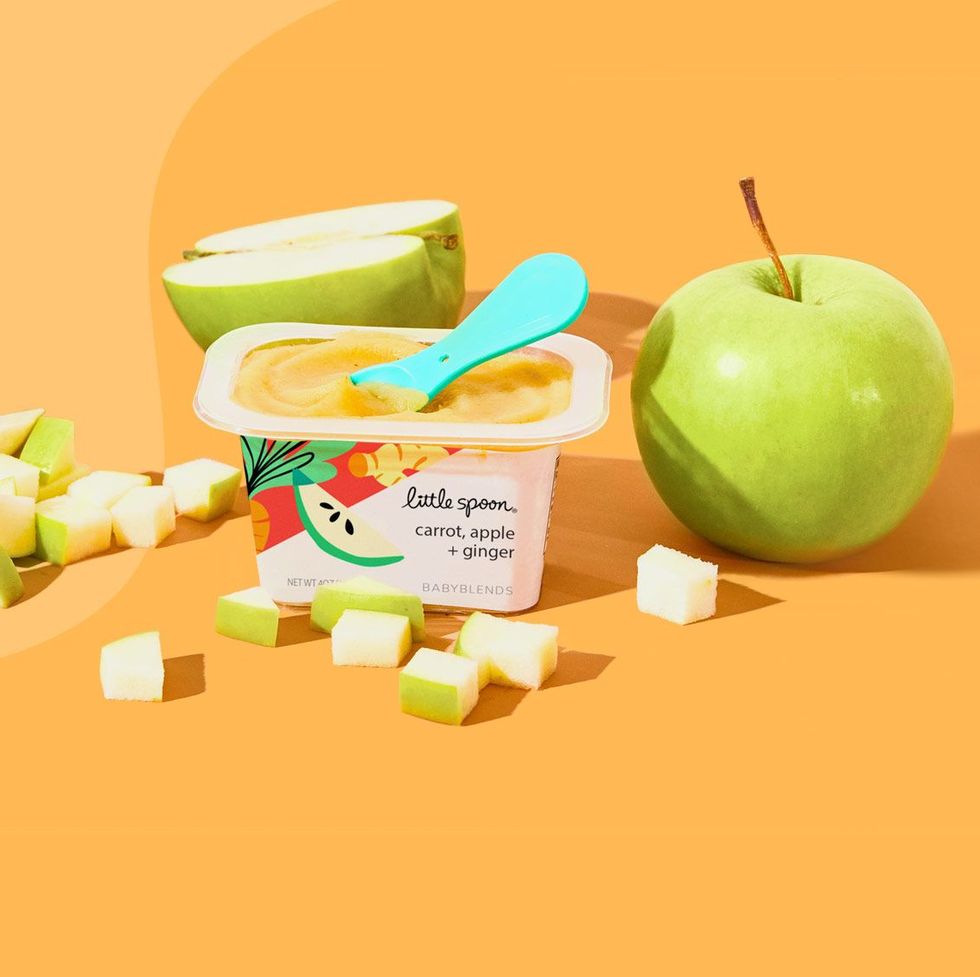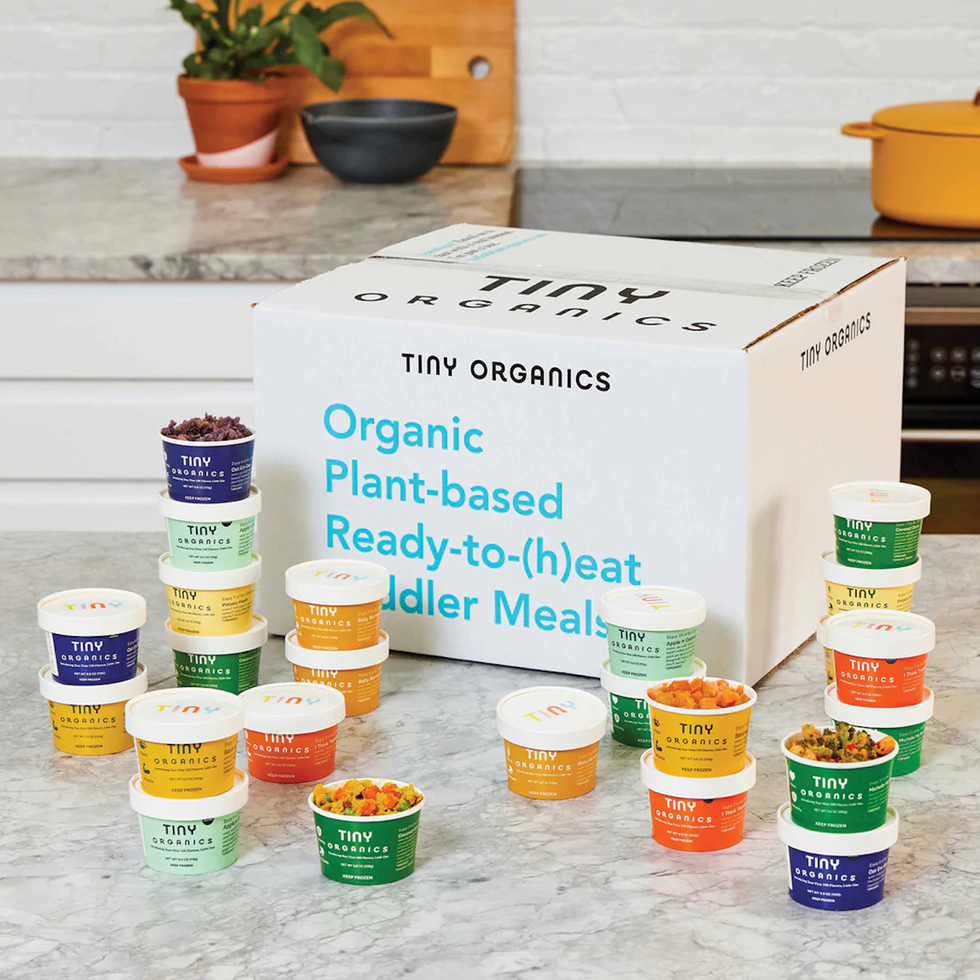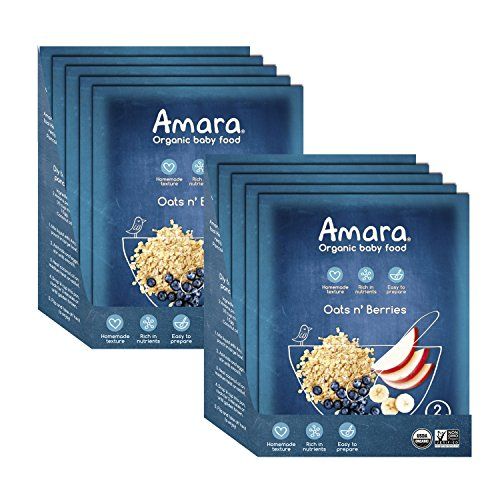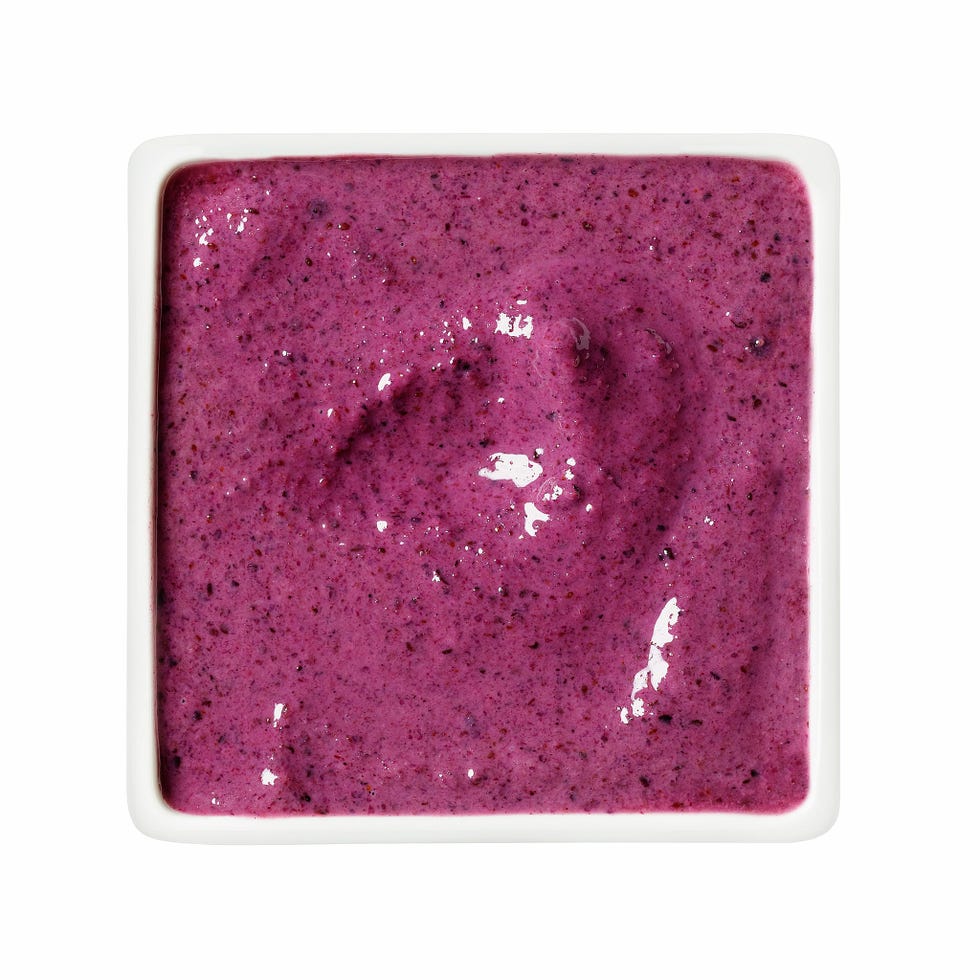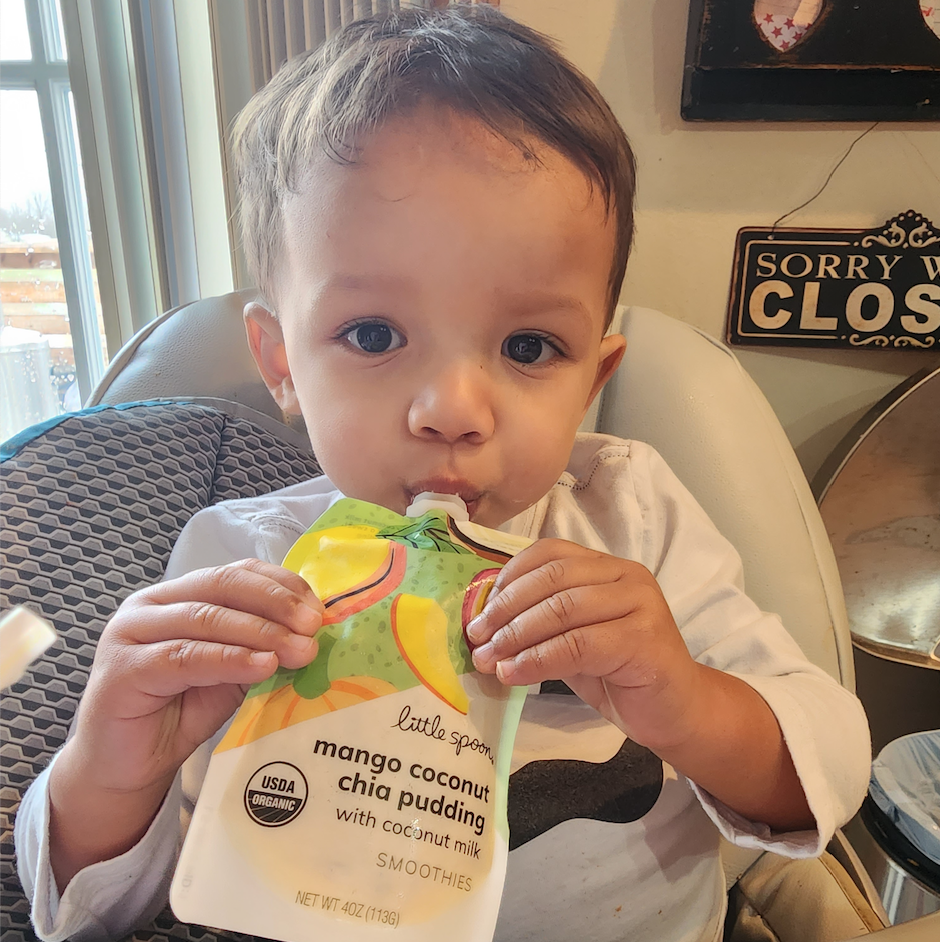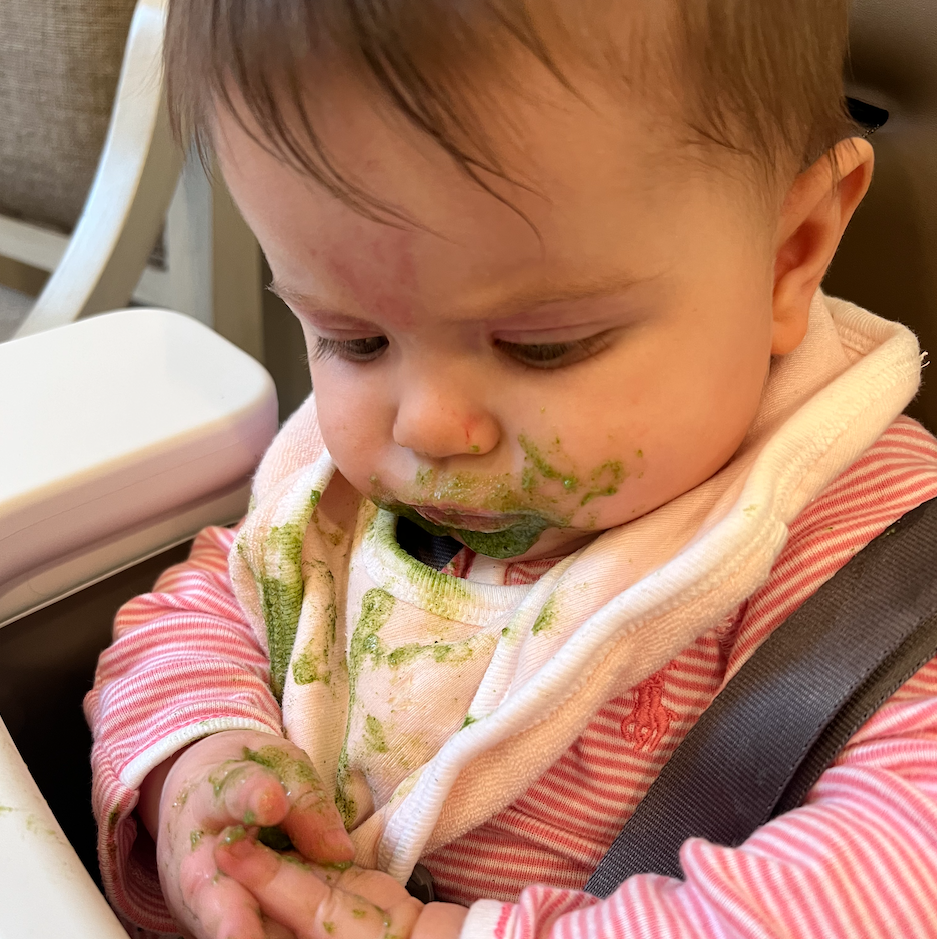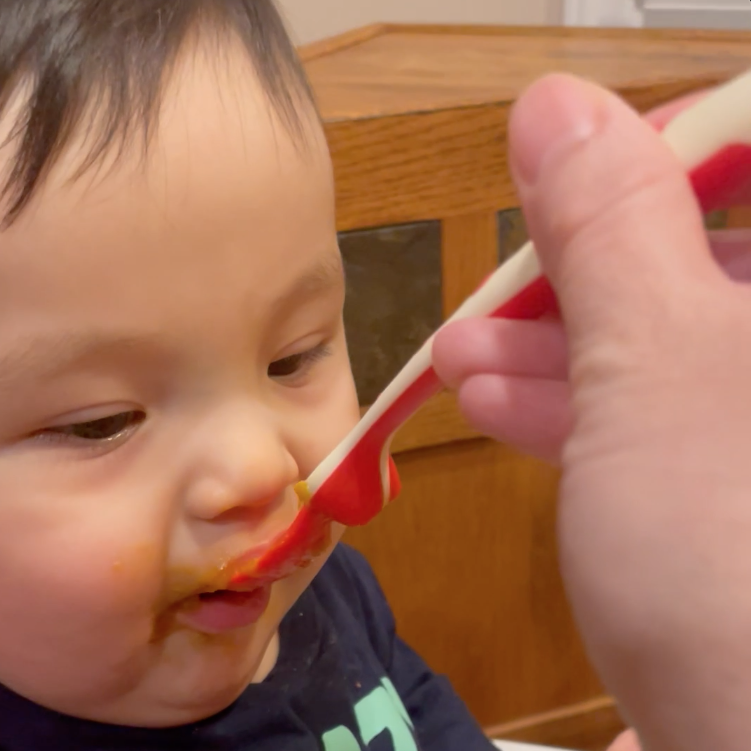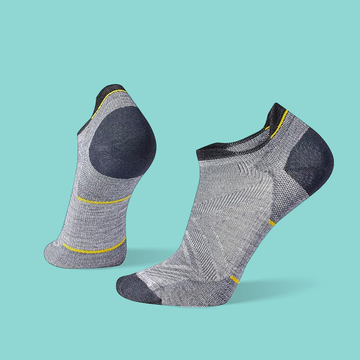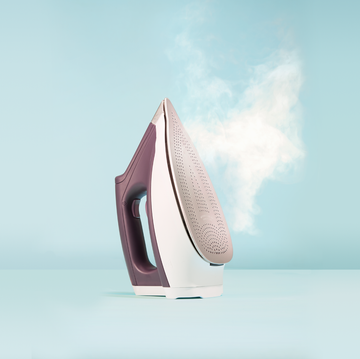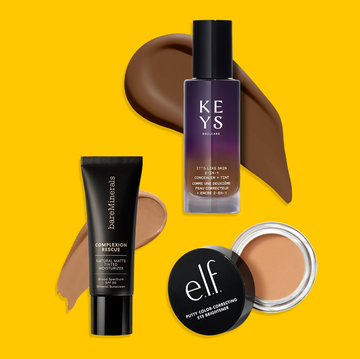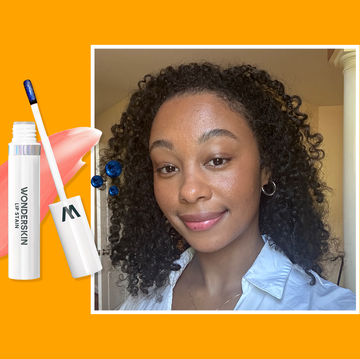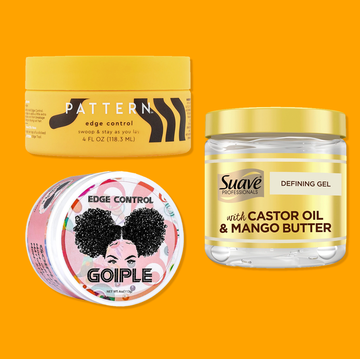9 Best Organic Baby Food Brands of 2024
Our nutrition experts and tiny taste testers approved these baby purees.
We've been independently researching and testing products for over 120 years. If you buy through our links, we may earn a commission. Learn more about our review process.
As a new parent, finding the time to make baby food from scratch isn't always easy. Add onto that trying to appease picky eaters, and it can be even more challenging. But you shouldn't have to compromise quality for convenience, and there are an increasing number of pre-made baby food brands delivering premium organic blends that don't sacrifice on nutrition or taste.
Our registered dietitians evaluated over 30 baby food brands to find the best options for littles.
Our top picks:
Organic baby food is grown without the use of hormones, preservatives, artificial flavors or colors, genetically modified organisms (GMO) or synthetic pesticides, explains registered dietitian Stephanie Middleberg, M.S., R.D., C.D.N., founder of Middleberg Nutrition and author of The Big Book of Organic Baby Food and The Big Book of Organic Toddler Food.
"Some studies also show that organic foods often contain higher nutrients than their conventional counterparts." But Middleberg adds that organic foods are far from perfect, and there is still great nutrition in conventional produce and baby food as well. The American Academy of Pediatrics (AAP) recommends purchasing organic produce when possible, especially for items known to be highest in pesticide residues.
When evaluating the best organic baby food options for little ones, our registered dietitians first zoned in on ingredients, nutrition facts, food preparation and packaging. We made sure that brands also tested their products for heavy metals and prioritized picks that have been verified by the Clean Label Project, which tests hundreds of products (including baby food) for toxic metals, contaminants and more. We then put several brands through a taste test with a panel of babies, toddlers and parents for real life feedback on which flavors they loved and which ones they scraped off their tongue. We also consulted Middleberg and a panel of experts for their recommendations.
You can learn more about how we evaluate baby food — including tips for understanding baby food stages and what to look for on the label — at the end of this guide. When possible, feed your baby by hand with a spoon from a pouch instead of letting them suck straight from the package — this helps them develop important mouth muscles required for speech and chewing and encourages them to take a break between bites.
Stefani (she/her) is a registered dietitian, a NASM-certified personal trainer and the director of the Good Housekeeping Institute Nutrition Lab, where she handles all nutrition-related content, testing and evaluation. She holds a bachelor’s degree in nutritional sciences from Pennsylvania State University and a master’s degree in clinical nutrition from NYU. She is also Good Housekeeping’s on-staff fitness and exercise expert. Stefani is dedicated to providing readers with evidence-based content to encourage informed food choices and healthy living. She is an avid CrossFitter and a passionate home cook who loves spending time with her big fit Greek family.
Laura Iu, R.D., is a registered dietitian nutritionist, certified intuitive eating counselor, yoga guide, and owner of Laura Iu Nutrition, a private practice in New York City. She earned her Bachelor of Science in Nutrition and Dietetics from New York University and completed her internship in dietetics at Weill Cornell & Columbia Medical Center of New York-Presbyterian Hospital. She went on to work in New York City’s top hospitals, including Mount Sinai Hospital and NYU Langone Health. She believes that true health is all encompassing — physical, emotional, and mental wellbeing — not an external measure via shape or size.
Watch Next

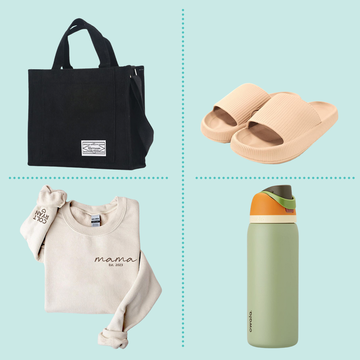
14 Most Popular Products of May 2024

The Best At-Home Hair Color Brands
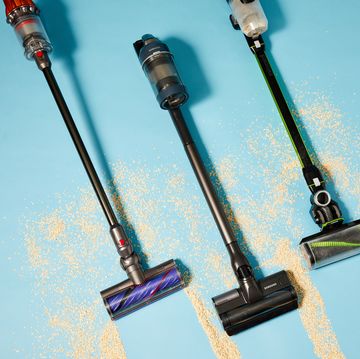
The Best Stick Vacuums, Tested by Experts

The Best Split King Adjustable Beds
